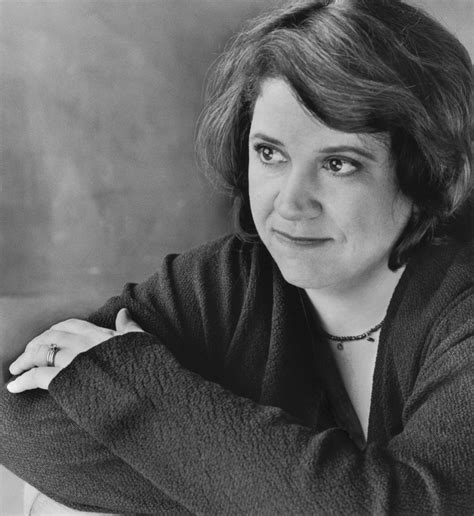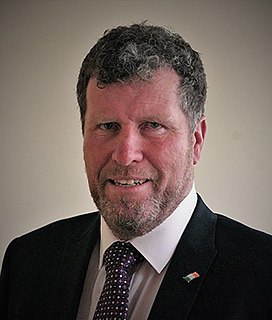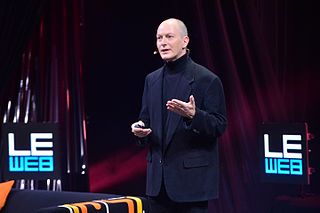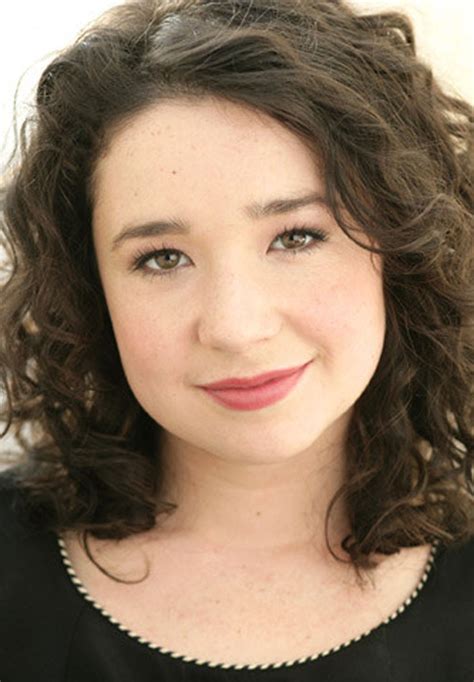A Quote by Dani Shapiro
Our pain hides beneath these fluttering, random thoughts that run through our heads in an endless loop. But there's so much freedom in getting to know what's under there, the bedrock.
Related Quotes
Sometimes we have thoughts that even we don’t understand. Thoughts that aren’t even true—that aren’t really how we feel—but they’re running through our heads anyway because they’re interesting to think about. If you could hear other people’s thoughts, you’d overhear things that are true as well as things that are completely random. And you wouldn’t know one from the other. It’d drive you insane. What’s true? What’s not? A million ideas, but what do they mean?
When the desire is too much to bear, we often bury it beneath frenzied thoughts and activities or escape it by dulling our immediate consciousness of living. It is possible to run away from the desire for years, even decades, at a time, but we cannot eradicate it entirely. It keeps touching us in little glimpses and hints in our dreams, our hopes, our unguarded moments.
It is not our heads or our bodies which we must bring together, but our hearts. . . . Humanity. . . is building its composite brain beneath our eyes. May it not be that tomorrow, through the logical and biological deepening of the movement drawing it together, it will find its heart, without which the ultimate wholeness of its power of unification can never be achieved?
Even still, we run. We have not reached our average of 57.92 years without knowing that you run through it, and it hurts and you run through it some more, and if it hurts worse, you run through it even more, and when you finish, you will have broken through. In the end, when you are done, and stretching, and your heartbeat slows, and your sweat dries, if you've run through the hard part, you will remember no pain.
We all know that as we form thoughts, they form deep channels in our minds and in our brains. Chronic pain is an example. If you burn yourself, you pull your hand away. But if you're still in pain in six months' or six years' time, it's because these circuits are producing pain that's no longer helping you.


































